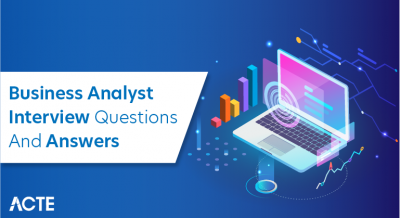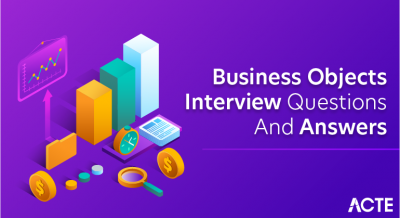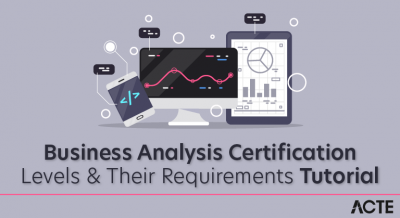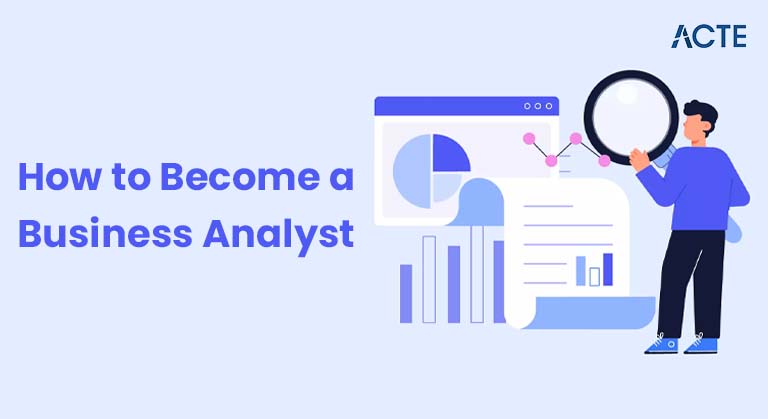
- Understanding the Role
- Educational Requirements
- Required Skills
- Certifications (CBAP, CCBA, etc.)
- Gaining Experience
- Creating a Portfolio
- Resume and Interview Prep
- Entry-Level Jobs
Understanding the Role
Understanding the role of a Business Analyst (BA) is crucial for organizations striving to bridge the gap between business needs and technology solutions. A Business Analyst acts as a liaison among stakeholders to elicit, analyze, communicate, and validate requirements for changes to business processes, policies, and information systems. The role involves not only identifying business needs but also recommending data-driven solutions that deliver value. Professionals who hold the Certified Business Analysis Professional (CBAP) designation, combined with Business Analyst Training, bring validated expertise and a structured approach to problem-solving, making them highly sought after in dynamic business environments. BAs must possess a range of technical skills required for Business Analyst roles, including proficiency in tools like SQL, Excel, and BI platforms, as well as knowledge of modeling techniques, data analysis, and requirements management software. Their ability to interpret data, forecast trends, and support strategic decisions enables organizations to stay competitive. Whether working in IT, finance, healthcare, or any other industry, Business Analysts help align technological capabilities with business goals, ensuring smoother project execution and optimal resource utilization. As businesses continue to evolve with digital transformation, the strategic importance of skilled Business Analysts, especially those with certifications and technical competence, continues to grow.
Are You Interested in Learning More About Web Developer Certification? Sign Up For Our Business Analyst Online Training Today!
Educational Requirements
- Bachelor’s Degree in Relevant Field: A degree in business administration, management, computer science, or a related field is often the first step. This provides a solid understanding of business principles and technical processes.
- Specialization in Data Analytics: For those interested in roles such as Business Data Analyst or BI Analyst, further specialization in data analysis, statistics, and data visualization can be beneficial. A degree or certification in data science or analytics can be a key advantage. Additionally, understanding the Product Owner Vs Business Analyst Role Comparison can provide valuable insights into how these roles interact and differ in terms of responsibilities and focus areas.
- Understanding of Business Intelligence Tools: Familiarity with BI platforms like Tableau, Power BI, and similar tools is critical for BI Analyst roles. A course or certification in Business Intelligence can enhance job readiness.
To pursue a career as a Business Analyst, certain educational qualifications and certifications are essential for acquiring the necessary skills and knowledge. Aspiring Business Analysts should focus on building a strong foundation in both business and technical disciplines. Below are key educational requirements and paths for those seeking to enter the field:
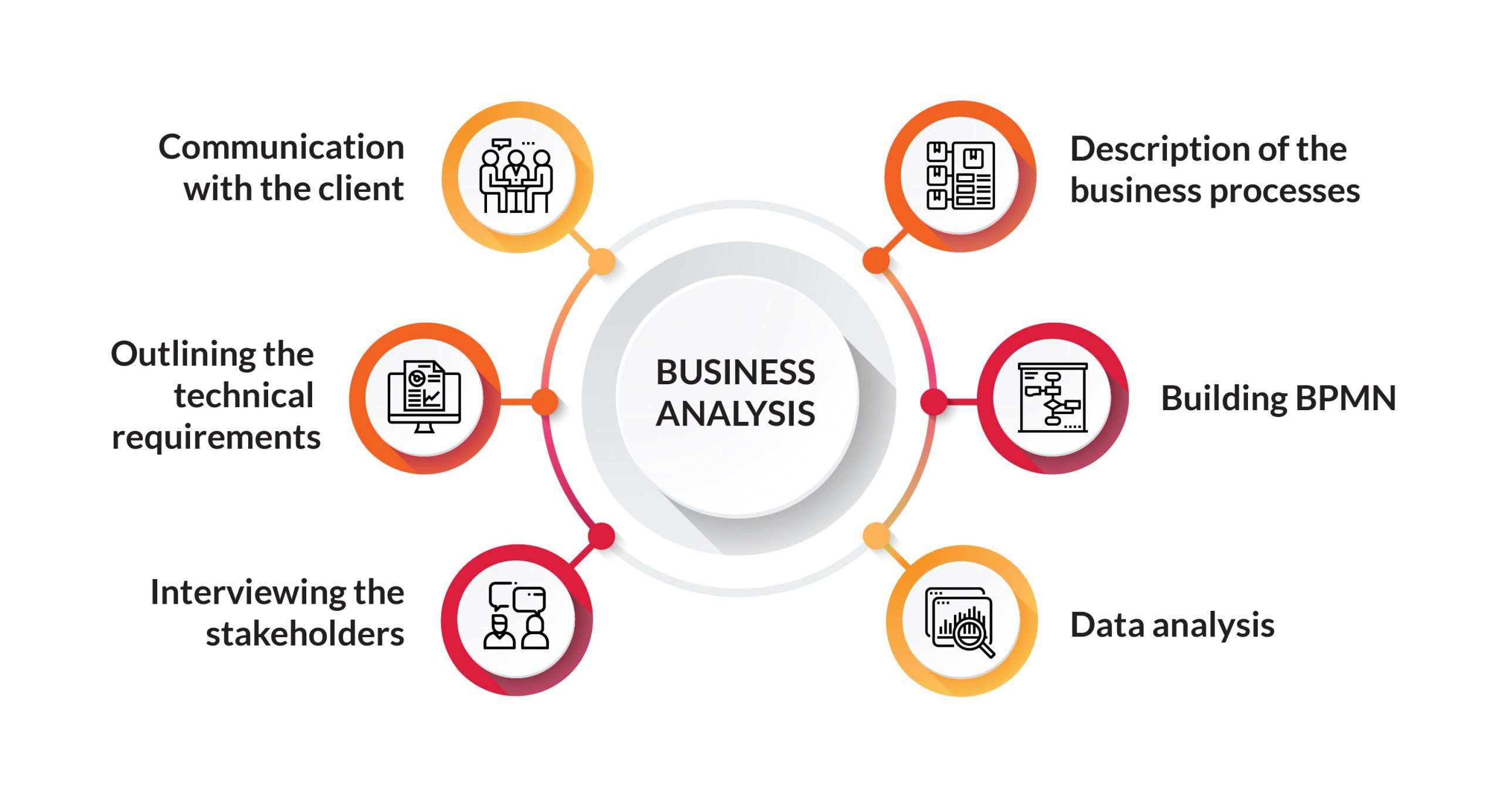
- Salesforce Knowledge: For those aiming to become a Salesforce Business Analyst, a strong understanding of Salesforce’s cloud-based solutions and CRM systems is crucial. Many employers value formal training and certifications in Salesforce, such as the Salesforce Administrator certification.
- Professional Certifications: Earning certifications such as the CCBA Certification (Certification of Competency in Business Analysis) demonstrates expertise and commitment to the field. It can boost employability and career advancement.
- Strong Communication and Analytical Skills: In addition to formal education, developing excellent communication, problem-solving, and analytical skills is essential for Business Analysts to effectively liaise with stakeholders and solve business challenges.
- Certified Business Analysis Professional (CBAP): This is one of the most prestigious certifications for experienced Business Analysts. It demonstrates advanced knowledge and experience in business analysis, making it ideal for senior-level roles.
- Certification of Competency in Business Analysis (CCBA): Aimed at professionals with 2-3 years of experience, the CCBA Certification focuses on essential business analysis skills and provides recognition for a developing career in the field.
- Business Data Analyst Certifications: Aspiring Business Data Analysts should consider certifications in data analytics and related tools like SQL, Excel, and Tableau to enhance their ability to interpret data and make data-driven business decisions. Exploring Best Tableau Projects can also provide hands-on experience, helping to showcase skills in data visualization and analysis.
- Business Intelligence (BI) Analyst Certifications: For those pursuing a career as a BI Analyst, certifications in BI tools like Power BI or Tableau can demonstrate proficiency in turning data into actionable insights for businesses.
- Salesforce Business Analyst Certification: As businesses increasingly rely on CRM systems, obtaining certification as a Salesforce Business Analyst can open up opportunities for working with Salesforce’s suite of applications, helping businesses optimize customer relationship management processes.
- Industry-Specific Certifications: Depending on the industry, specialized certifications such as those in finance, healthcare, or IT systems can further strengthen a Business Analyst’s qualifications and align their skills with specific business needs.
By meeting these educational requirements, aspiring Business Analysts can position themselves for success in a variety of roles, from Business Data Analyst to Salesforce Business Analyst.
Required Skills
To become a successful Business Analyst, a combination of technical, analytical, and communication skills is essential. First and foremost, a Certified Business Analysis Professional (CBAP) certification demonstrates a deep understanding of business analysis principles and practices, making it a valuable credential for career advancement. Among the technical skills required for Business Analyst roles, proficiency in data analysis tools such as SQL, Excel, and Business Intelligence (BI) platforms is crucial for gathering and interpreting complex data to inform decision-making. Additionally, Business Analysts must be well-versed in requirements gathering, process modeling, and the use of software like Microsoft Visio and Jira. Understanding the MSBI vs Power BI key differences is also essential, as these tools serve different purposes in the realm of business intelligence and data analysis. Strong problem-solving skills are equally important, as they enable BAs to identify business challenges and recommend effective solutions. Furthermore, effective communication is vital, as BAs must collaborate with stakeholders across various levels of the organization to gather requirements, explain technical concepts, and ensure that project objectives align with business goals. For those wondering how to become a Business Analyst, acquiring a relevant degree in business or IT, gaining industry experience, and obtaining certifications such as CBAP can significantly enhance one’s career prospects. Overall, a well-rounded skill set combining technical expertise and business acumen is key to succeeding in the ever-evolving role of a Business Analyst.
Are You Preparing for Business Analyst Jobs? Check Out ACTE’s Business Analyst Interview Questions & Answers to Boost Your Preparation!
Certifications (CBAP, CCBA, etc.)
Certifications are vital for Business Analysts to demonstrate their expertise and gain a competitive edge in the job market. Earning professional certifications can significantly enhance career prospects and validate a Business Analyst’s skills in various domains. Below are some key certifications that can be pursued to advance in the field:
Earning these certifications can provide a pathway to success and career growth, whether as a Business Data Analyst, BI Analyst, or Salesforce Business Analyst, by demonstrating expertise and commitment to the field.
Are You Considering Pursuing a Master’s Degree in Business Analyst? Enroll For Business Analyst Masters Program Training course Today!
Gaining Experience
Gaining experience is a crucial step in becoming a successful Business Analyst. While certifications like Certified Business Analysis Professional (CBAP) provide a solid foundation of knowledge, hands-on experience is essential for applying theoretical concepts in real-world situations. One of the best ways to gain experience is by starting with entry-level roles, such as junior Business Analyst positions, internships, or project management assistant roles, where you can begin developing the technical skills required for Business Analyst positions, such as proficiency in data analysis, process modeling, and software tools like Excel, SQL, and BI platforms. As you gain experience and undergo Business Analyst Training, you’ll develop a deeper understanding of business processes, stakeholder communication, and requirements gathering. Additionally, actively participating in projects and collaborating with senior analysts can help you hone your skills in problem-solving and decision-making. For those wondering how to become a Business Analyst, it’s important to combine formal education, certifications, and practical experience. This combination of training and hands-on learning will not only boost your confidence but also enhance your ability to deliver actionable business solutions. The more diverse your experience across industries and technologies, the more competitive you will become in the job market, setting you up for long-term career success.
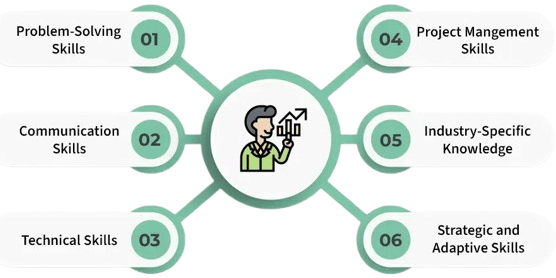
Creating a Portfolio
Creating a strong portfolio is a key strategy for Business Analysts to showcase their skills and experience to potential employers. A well-organized portfolio highlights your capabilities, projects, and achievements, demonstrating your proficiency in various analysis roles, whether as a Business Data Analyst, BI Analyst, or Salesforce Business Analyst. To build a compelling portfolio, start by including case studies, reports, and presentations from projects you’ve worked on, highlighting the outcomes of your work and how you addressed business challenges. Additionally, understanding What is Ordinal Data Explained can help you effectively handle and present data in your portfolio, especially when dealing with ranked or ordered datasets. For those with certifications, such as the CCBA Certification, including proof of your credentials and explaining how they enhanced your analytical abilities can add significant value to your portfolio. Additionally, incorporating technical skills is essential to showcase any tools or software you’ve mastered, such as SQL, Tableau, Power BI, or Salesforce. Providing examples of data models, dashboards, or process improvement initiatives that you’ve worked on will allow you to demonstrate your technical expertise and problem-solving capabilities. A portfolio not only reflects your technical and analytical strengths but also highlights your communication skills, making it an essential tool for standing out in the competitive job market. Ultimately, a strong portfolio acts as a personal marketing tool, showcasing your expertise in business analysis and making you more attractive to employers in various industries.
Resume and Interview Prep
Preparing a strong resume and getting ready for interviews are critical steps in launching a successful career as a Business Analyst. Your resume should highlight relevant experience, technical skills, and certifications, especially if you are targeting roles like Business Data Analyst, BI Analyst, or Salesforce Business Analyst. Be sure to include hands-on experience with data analysis tools such as SQL, Tableau, Power BI, and Salesforce, along with a brief overview of projects that showcase your ability to solve business problems through data-driven insights. Highlighting certifications such as the CCBA Certification can demonstrate your professional commitment and foundational knowledge in business analysis. Additionally, exploring Tableau Career Opportunities can provide insights into how expertise in Tableau can open doors to a wide range of roles in data analysis, business intelligence, and data visualization. When preparing for interviews, focus on articulating how you’ve contributed to past projects, discussing the problems faced, the analysis you performed, and the outcomes achieved. Be ready to explain your thought process, how you gather and validate requirements, and how you communicate with stakeholders. Employers often assess both your technical skills and your ability to think critically and collaborate effectively. Tailoring your resume for each role and practicing mock interviews specific to positions like Salesforce Business Analyst or BI Analyst can give you a competitive edge. Effective preparation ensures you present yourself as a well-rounded candidate ready to deliver real value.
Are You Interested in Learning More About Business Analyst? Sign Up For Our Business Analyst Online Training Today!
Entry-Level Jobs
Entry-level jobs are an excellent starting point for anyone looking to build a career in business analysis. These roles provide the foundational experience needed to grow into specialized positions such as Business Data Analyst, BI Analyst, or Salesforce Business Analyst. Common entry-level titles include Junior Business Analyst, Business Analyst Intern, or Reporting Analyst. These positions, often with Business Analyst Training involve tasks such as collecting data, assisting with requirements gathering, supporting senior analysts, and helping with report creation and process documentation. They offer the opportunity to gain hands-on experience with tools like Excel, SQL, Tableau, and Salesforce, which are essential for progressing into more advanced roles. Pursuing certifications like the CCBA Certification can make you a more competitive candidate for these entry-level opportunities by demonstrating a solid understanding of business analysis fundamentals. Entry-level jobs also allow you to explore different industries and work environments, helping you identify areas of interest, such as data analytics, business intelligence, or customer relationship management. As you gain experience, you can transition into more specialized roles like BI Analyst or Salesforce Business Analyst, using the skills and insights gained early in your career to take on more complex and strategic responsibilities.


